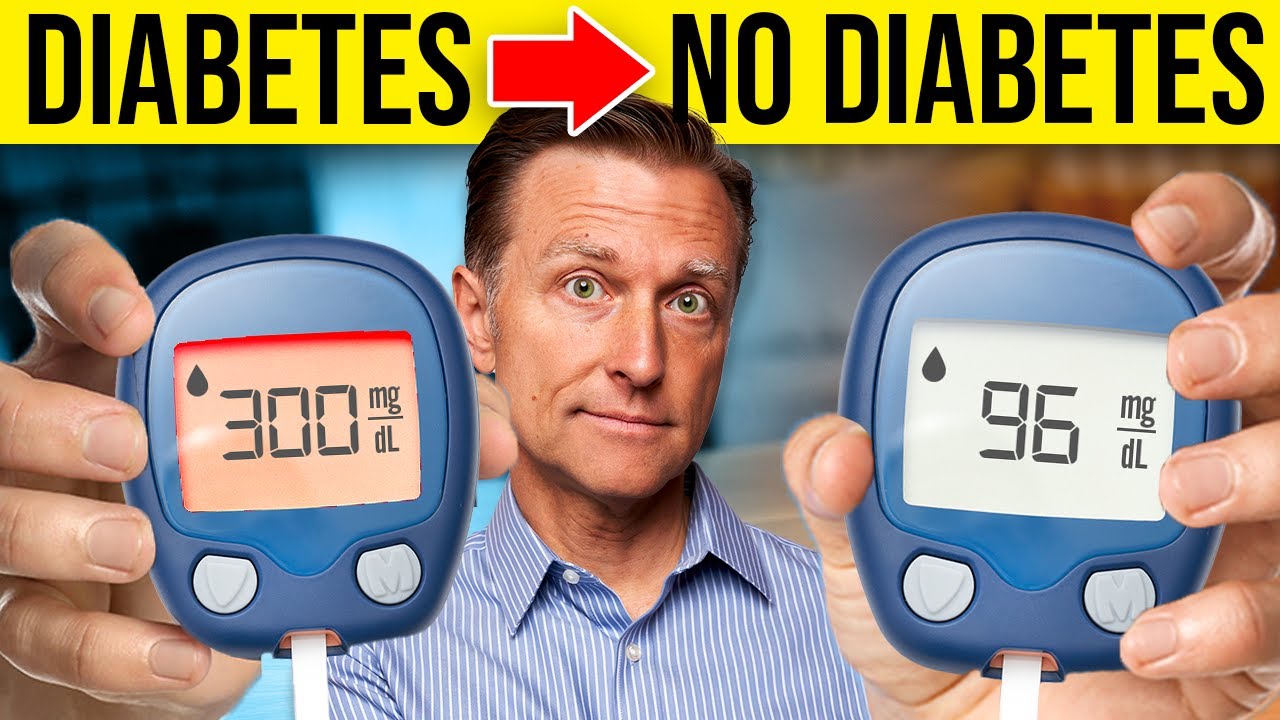Maintaining balanced blood sugar levels is essential for long-term health, whether you’re managing diabetes, working toward weight loss, or simply seeking better energy and mental clarity. Sudden spikes or crashes in blood glucose can lead to fatigue, irritability, cravings, and even long-term metabolic damage. Fortunately, there are scientifically supported methods to help you lower your blood sugar quickly—and sustainably—without relying solely on medication.
Here are the top strategies that work fast and effectively, including the most powerful method revealed at the end.

1. High-Intensity Interval Training (HIIT)
One of the most efficient ways to lower blood sugar fast is through high-intensity interval training. Short bursts of vigorous movement, followed by rest, activate your muscles in a way that helps them rapidly absorb glucose from the bloodstream.
Just 10–15 minutes of exercises like burpees, jump squats, kettlebell swings, or even sprint intervals on a stationary bike can significantly reduce post-meal glucose spikes. HIIT doesn’t require a gym or long time commitment, making it ideal for busy lifestyles.
Expert Tip: Start with 30 seconds of intense effort followed by 60 seconds of rest, repeating for 5–10 rounds. Always warm up beforehand and cool down afterward.
2. Apple Cider Vinegar: Nature’s Glucose Buffer
Apple cider vinegar (ACV) contains acetic acid, which has been shown in studies to reduce the glycemic response after carbohydrate-rich meals. It works by slowing gastric emptying and improving insulin sensitivity, helping your body manage blood sugar more effectively.
How to use it: Mix 1 tablespoon of ACV in 8 oz of water and drink it before or immediately after meals high in carbs. This can lower your post-meal glucose spike by up to 30%.

3. Powerful Natural Supplements for Blood Sugar Control
Several supplements have earned scientific credibility for supporting blood sugar regulation:
- Berberine: Often referred to as a natural alternative to metformin, berberine activates an enzyme called AMPK, which helps regulate glucose metabolism. Studies suggest it may lower fasting blood sugar as effectively as prescription drugs—without the side effects.
- Alpha-Lipoic Acid (ALA): A potent antioxidant that improves insulin sensitivity and supports nerve health, particularly useful for those at risk of diabetic neuropathy.
- NAC (N-Acetyl Cysteine): Helps combat oxidative stress triggered by high glucose levels, improving cellular resilience.
- Vitamin B1 (Thiamine): Often depleted in high-carb diets, thiamine supports glucose metabolism and may reduce the anxious, jittery feeling that comes after eating sugar-laden meals.
Dosage Guide: Berberine (500 mg 2–3x daily), ALA (300–600 mg daily), NAC (600 mg daily), and a high-quality B-complex with thiamine.
4. Go for a Post-Meal Walk
A simple 25- to 30-minute walk after a meal can significantly lower blood sugar levels. Light to moderate movement activates your muscles, which use glucose for energy, effectively pulling it out of your bloodstream without requiring an insulin spike.
Pro Tip: Even walking around the block or doing light chores can have a measurable effect. Consistency is more important than intensity.
5. Optimize Your Electrolytes: Potassium & Magnesium
Both potassium and magnesium are critical for glucose regulation:
- Potassium helps transport glucose into cells and supports glycogen storage in muscles and the liver.
- Magnesium is essential for proper insulin receptor function. A deficiency in magnesium is common among people with insulin resistance and type 2 diabetes.
Foods rich in potassium include leafy greens, avocados, and sweet potatoes. Magnesium is found in pumpkin seeds, almonds, and dark chocolate.
Supplement Tip: Consider a magnesium glycinate or citrate supplement (200–400 mg/day) and incorporate potassium-rich foods daily.
6. Boost Brain Health with Ketones
Your brain can run on two types of fuel: glucose and ketones. When you shift to burning ketones—either through a low-carb ketogenic diet or by taking exogenous ketone supplements—you reduce your body’s demand for glucose. This not only supports better mental focus and reduced brain fog but also helps stabilize blood sugar.
Benefits: Ketones have anti-inflammatory properties and may protect the brain from sugar-induced damage linked to Alzheimer’s and cognitive decline.
When to use: Consider ketone salts or esters during intermittent fasting, between meals, or before workouts for an added metabolic boost.

7. Salt Water: A Surprising Stress-Reducer
Chronic stress can elevate blood sugar, even without food intake. Adding a pinch of high-quality sea salt to a glass of water may help reduce cortisol levels and prevent stress-induced blood glucose spikes.
Sodium supports adrenal function, especially during fasting or stressful days. It can also promote better sleep by calming the nervous system when consumed in the evening.
Evening Routine Idea: Try ½ tsp of sea salt in warm water or bone broth with your dinner or before bed to support overnight blood sugar balance.

8. Dry Fasting: The Most Potent Method (Use With Caution)
Dry fasting—abstaining from both food and water for short periods—may sound extreme, but it’s been used in clinical and religious settings for centuries. Unlike water fasting, dry fasting intensifies the metabolic shift from glucose to fat for fuel, rapidly lowering blood sugar levels.
How it works: Without water to dilute glucose, the body ramps up production of hormones like glucagon and growth hormone, accelerating fat burning and cellular repair.
Warning: Dry fasting should only be done occasionally and under professional guidance, especially if you have medical conditions. Beginners can start with a 14–16 hour overnight fast, ending with a low-carb, nutrient-rich meal.
While these strategies are powerful, the most effective way to manage blood sugar is still prevention—by maintaining a diet low in refined carbohydrates and high in fiber, healthy fats, and lean proteins. These lifestyle habits reduce your reliance on emergency tactics and keep your metabolism running smoothly.
Ready to take control of your blood sugar naturally? Explore our expert-reviewed articles on healthy meal planning, weight loss strategies, and supplements that work. Or better yet, schedule a one-on-one nutrition consultation to personalize your wellness journey.





